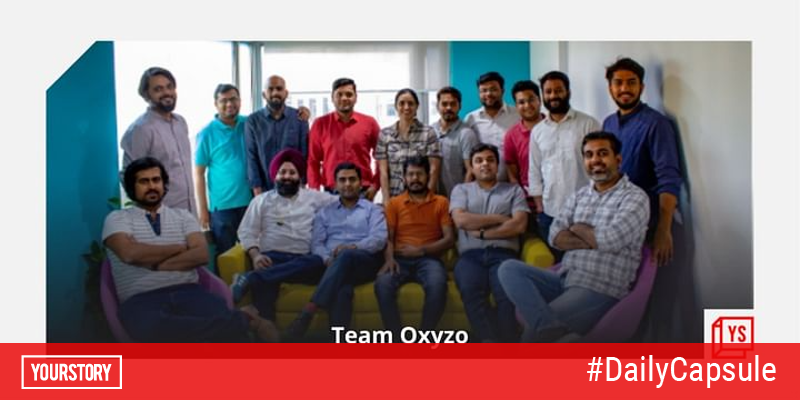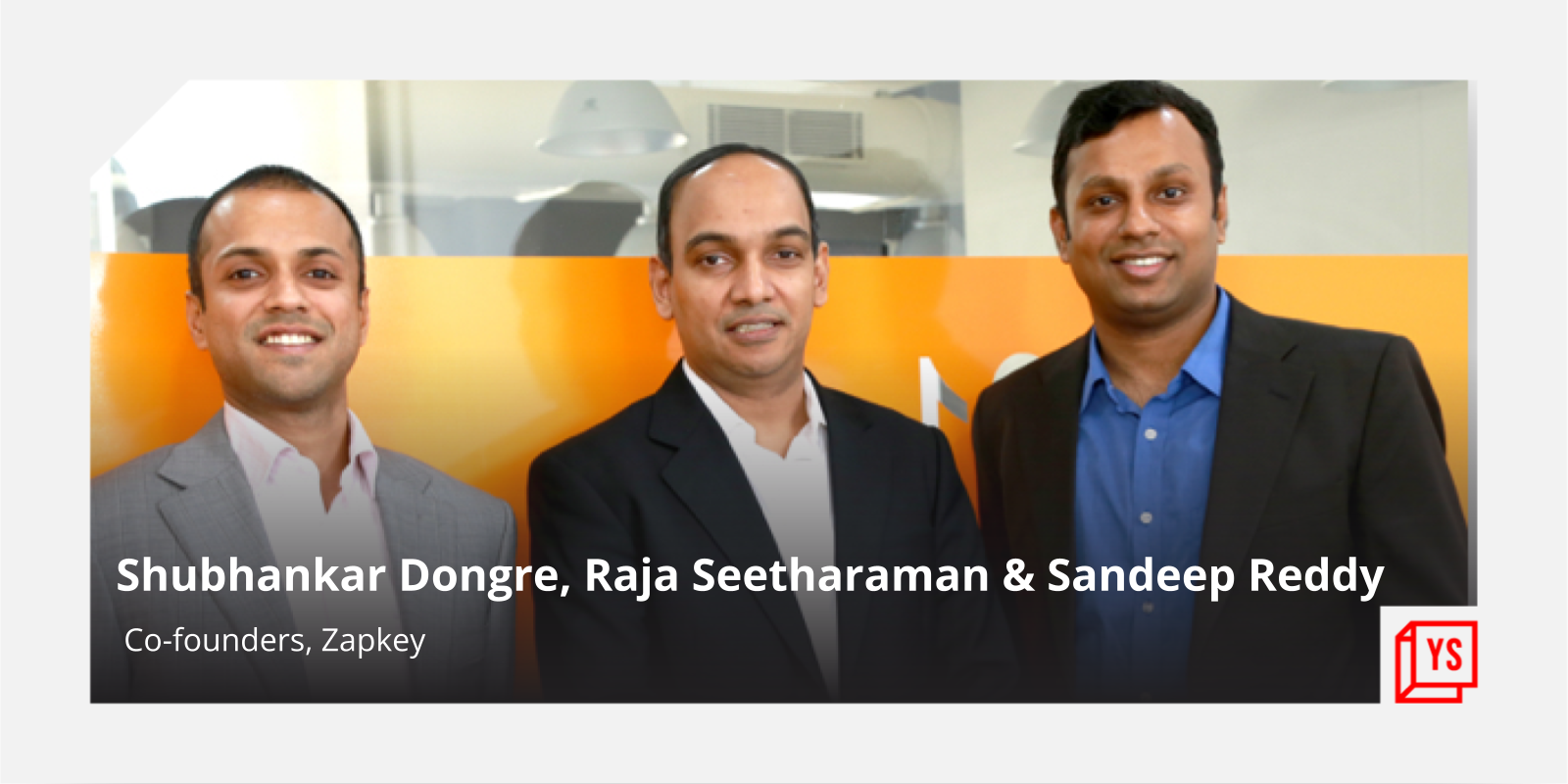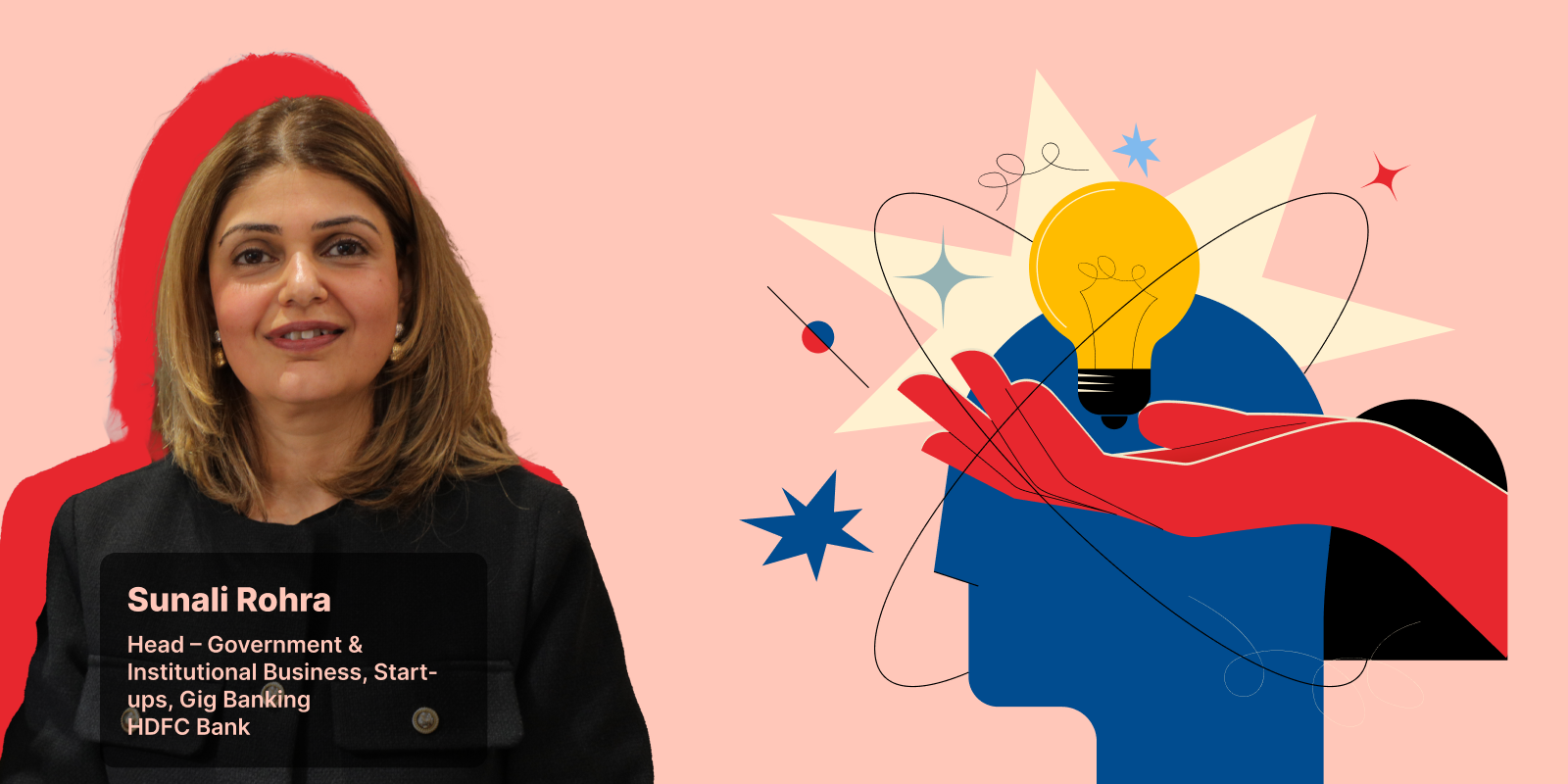Remmy creates a 'model village' and shows that the biggest change comes from within
Ngeriv is a development project besed in Lukwambe, a very small rural village under the jurisdiction of a slightly larger village called Bwawani, 60km east from Morogoro, Tanzania. If you have a look on Google map, you will see that the big green circle around Morogoro is surrounded by an enigmatic grey area. Vague information about schools, few villages, rivers. What the hell does that grey mean? Google Earth probably helps, but I’ll give you a shorter answer: it means scattered villages, fields and endless stretches of savannah. With related flora and fauna. The kind of area where usually many NGOs and charities operates due to the high level of poverty and lack of basic needs.

Now zoom in your imagination on a little spot of this immensity. Lukwambe, as I said. Massive trees, yellow grass, bare feet covered in the red clay of the ground. Here, Remigius Mushenga started Ngeriv Ecocamp, a project aimed at providing economic and educational betterment in the village.
The difference with other similar projects? Remmy is from Bwawani. He married and raised up his children there. This is not a conventional development project. It is not unique, but it is rare to see people with very limited economic income in a place like rural Tanzania spending their life to improve their communities. This is an alternative to the often controversial role of NGOs and charities. This is something of a kind.

Remmy – as he prefers to be called- was born near Lake Victoria and straight after his secondary education, he started working for the Bagamoyo District Council as revenue inspector in six villages. “ Working every day in close contact with rural realities, gave me the opportunity to observe their situation in detail. I learnt that the main causes of their deteriorating style of life were inadequate or absent education, and lack of communication between the state and the lowest strata of society. This obstructed any chance of sensitize them about improving their livelihood through uplifting their healthcare, diet, and other daily habits.”
After six years he resigned and established his own association, ARCNI (Association for Rural Children Nutrition Improvement), aimed to teach mothering women how to use local products to prepare food for their children. Later, he won a cash prize as best entrepreneur of the north eastern region and extended the scope of his activities starting Ngere Ngere River Organisation aimed to push and sensitize rural community towards development issues such as education improvement, environmental awareness and preservation. “The overall mission is poverty reduction” Remmy explains “ we want to improve livelihood of rural community through sustainable projects such as bee-keeping, organic farming, tree planting, sustainable charcoal production, manufacturing, or fish farming.”

The team is composed by Remmy, his son Sylvanus, and Sima, a graduated student from Dodoma with a degree in Heritage Preservation and Tourism Management. Moreover, Remmy is keen to underline that his most important collaborators are the members of Lukwambe community who respond positively to join hands in all activities.

“The work to do is hard first of all because if you want to work with a community, you have to convince them that what you are doing is relevant to them” says Remmy. To cope with this, he decided to take a pragmatic approach: he implements projects himself to provide a concrete demonstration that they work. Tree planting is an example. “We wanted to sensitize the people of the village about the environmental consequences of burning trees to produce charcoal (an illegal but widespread activity which generate little extra income for families). Eradicating this habit overnight is simply impossible. So, we bought thousands of tree seeds and and started our small tree farm. Then we sold seeds at very low price to the community of Lukwambe. The thinking behind it was firstly that for every burnt tree, a new one should be planted in order to avoid shortage of natural resources; secondly, fruit trees could generate income by providing products to sell at the village market.”

Other projects such as permaculture, bee-keeping and fish farming are being experimented at Ngeriv. Moreover, a primary school is being built with the support of Happy Bricks Foundation, a London based charity to support the construction of schools in rural Tanzania. Work is in progress, but the income is not equivalent to the efforts. Remmy struggles to meet his multiple deadlines because his only stable economic input comes from a little medical shop that his wife runs. The school is the only project economically supported by an external entity.
Nevertheless, Remmy continues on his path. “See, once you embark your full self on a project like this, you cannot give up. I feel an empowering sense of rewarding every time the community of Lukwambe appreciates and support the work we do. I spend a lot of time and energy to find money -even for my personal needs-, and to convince people of the village that this or that thing needs to be done. I am tired indeed, but if one considers how Lukwambe has changed in the past ten years, it will be clearer that Ngere Ngere has achieved much.
Think about wazungu (‘white people’ in Swahili): ten years back some people in the village would run away if they saw wazungu. Now volunteers come from all over the world to our Ngere Ngere River Camp and have the opportunity to live, cook, eat, work with the villagers who are really happy to share their knowledge with them. There are still some misconceptions about white people -ie everybody in Lukwambe thinks that they are all very wealthy-; but anyway the possibility for the community to meet with volunteers enhances cultural exchange, which is fundamental to start thinking about themselves and their style of life in different terms.”

When you talk with Remmy you can clearly see the idealism behind Ngeriv. A “model village”, as he likes to call it, is a village with an efficient agricultural model; educational and healthcare services; ability to produce tradable goods such as honey, manufacturing, or sustainable charcoal; and possibly equipped with internet.
But there is something else behind the glances he casually shoot at huts and trees when he is absorbed into his thoughts. I cannot exactly tell what it is, but it has to do with the understanding of the context he is working in. He is part of that silent mutual understanding that bonds members of a same community together in the immortal spirit of their specific collective identity. He knows that time runs differently there; he knows how to approach people; and he knows what can be expected from them. It has been ten years that Remmy has carried on Ngeriv and the type of penetration he has had in the community has been restrained by financial issues and lack of personnel, but it has been constant, coherent and ever growing. This is what actually modifies cultural thinking. This is innovation and it comes from within.






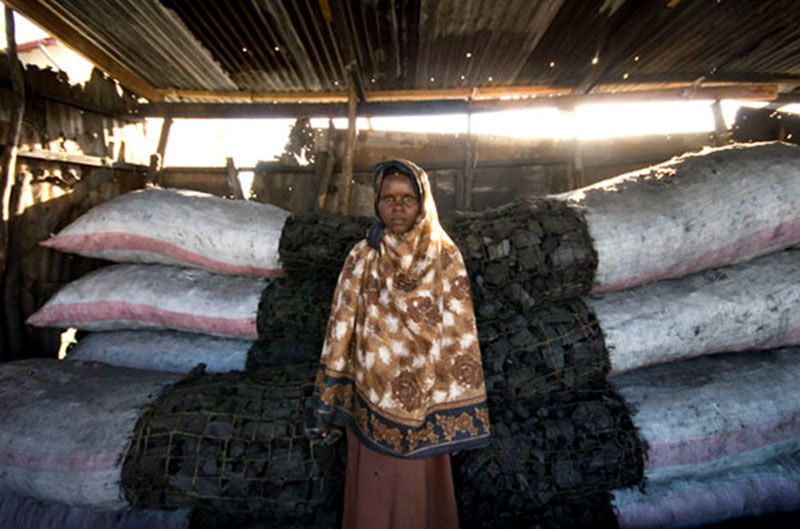
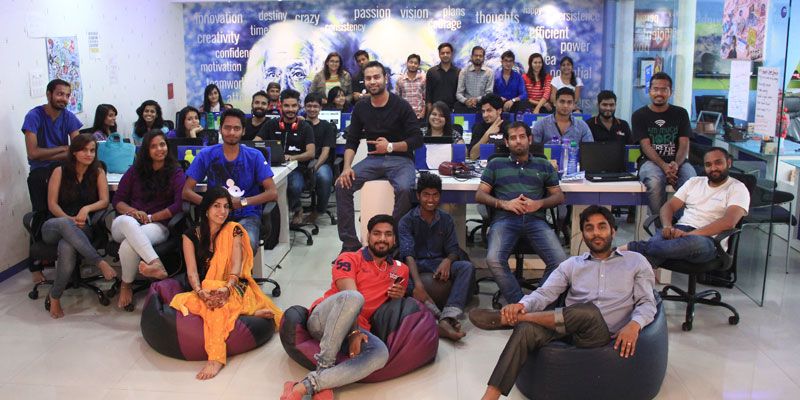
![[YS Learn] PolicyBazaar CEO Sarbvir Singh on managing stress and mental health in times of crisis](https://images.yourstory.com/cs/2/a9efa9c02dd911e9adc52d913c55075e/img-4-1594888520850.png)
